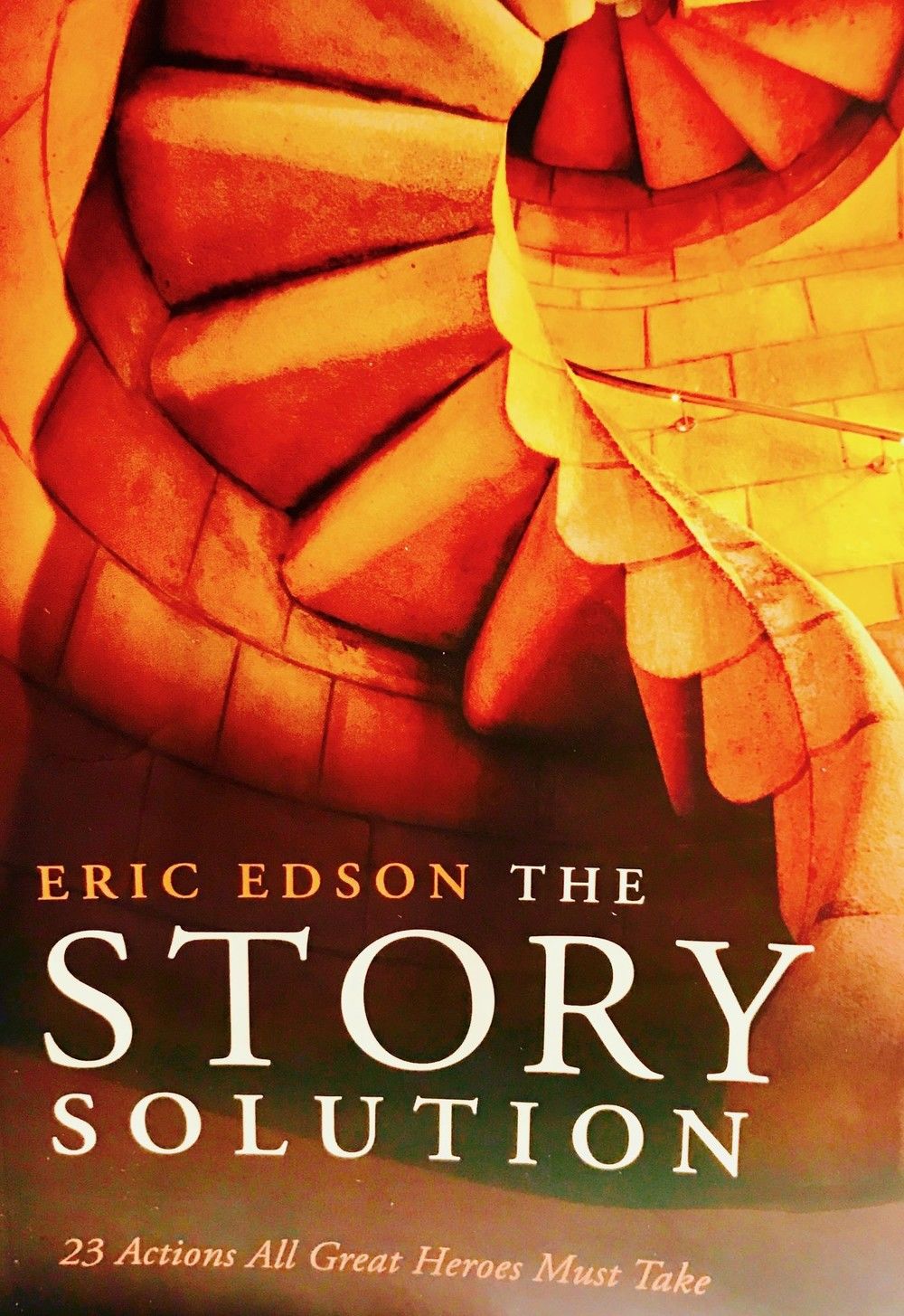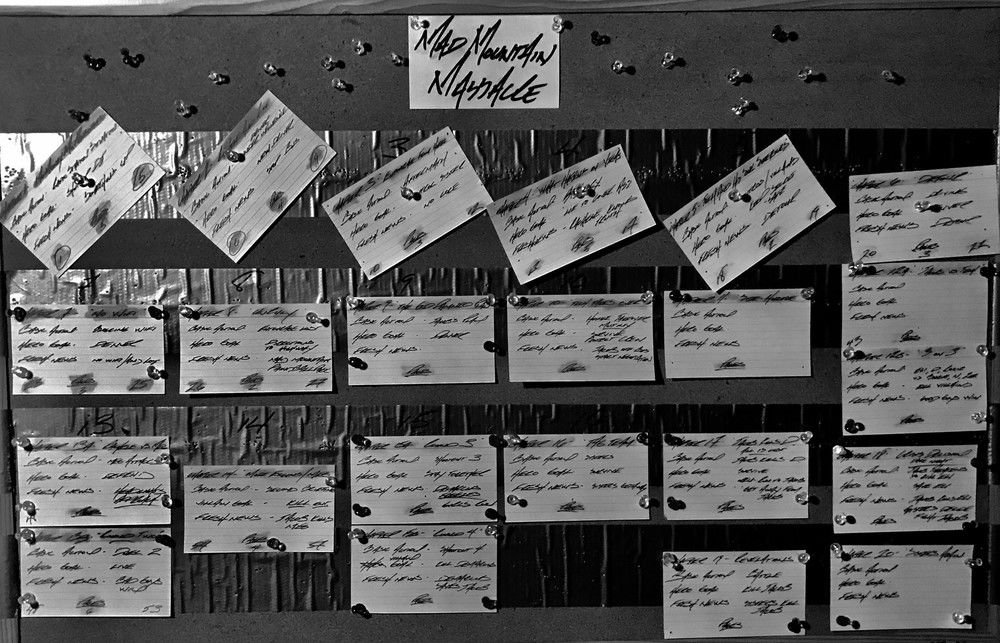My favorite guilty pleasure read on the film industry is The Devil's Guide to Hollywood by Joe Eszterhas. I think his experience in the industry, the players and discussing screenwriting will either make a person run screaming out of Hollywood or make you dig your heels in deeper and just do it. It's hilarious and, at times, the most unbelievable book I've ever read.
I have a lot of books on writing, but there's one that I would suggest for rom/com writing, Writing the Romantic Comedy by Billy Mernit. It's a quick read and covers formulaic high concept rom/com screenwriting. I think this is a solid book on rom/com's, but I also think it's great to use it, put it aside, and then break all of rules.
Next on my list is Shooting to Kill by Christine Vachon with David Edelstein. I adore this book and the bent pages are a testament to how over-the-moon I am for this book. It's great for indie producers looking for some insight. It's a bit dated now, but still a good read.
Lastly, the Writer's Journey by Christopher Vogler. Okay, my copy of this book looks like it's been thrown in a washer - highlighter and coffee stains are forever slopped across the pages. This book takes you on a bit of a Greek journey and provides examples of how myths of yesterday tie into contemporary film. I think there are a bunch of reprints to this book, so get the latest and dive on into it.








































2 people like this
For specs, I have a rough outline and a 2-3 page synopsis. If your script is feeling a bit emotionally bankrupt and plot driven, I'd go back to the script and read each scene; and ask - what is my cha...
Expand commentFor specs, I have a rough outline and a 2-3 page synopsis. If your script is feeling a bit emotionally bankrupt and plot driven, I'd go back to the script and read each scene; and ask - what is my character trying to emotionally achieve here. Write one sentence on a notecard what the character wants here and then in the next scene. Keep it short and concise.
2 people like this
I kind of work a bit backwards, Martina. Normally, my treatment comes after I have a few drafts under my belt. I think scenes can be moved around during my rewrites and I want the treatment to represent the final draft instead of the early drafts.
3 people like this
Yeah, as said before, everyone has their own methodology, whatever works best for you. ;) But all these things we do — beat sheets, outlines, synopsis, notes, research, sketches, some writers have dev...
Expand commentYeah, as said before, everyone has their own methodology, whatever works best for you. ;) But all these things we do — beat sheets, outlines, synopsis, notes, research, sketches, some writers have developed their own worksheets for character development or story structure, etc — these things are for our eyes only, documents we create for ourselves. When you say "treatment" that has some different connotations. Plus personal interpretations of terms versus actual, factual definitions can be confusing as well. Personally, I prefer factual, or rather how they are defined and/or used professionally. What I liked about the article above is that she explains those meanings and uses. What I also liked is that she acknowledges that these terms are often used interchangeably within the industry too. But then she gives tips on how to ask specific questions to suss out exactly what the person is really talking about and/or asking for... When someone asks for a "treatment" they really may be asking for a story synopsis (summary) or an outline. Many in this thread are saying "treatment" when what they more than likely are writing is a story synopsis. So, again, whatever you are doing to work out your story and the execution of your screenplay is totally up to you—of course!!! But it certainly helps to know exactly what terms mean, how they are defined outside of ourselves, objectively, within the industry, and what is generally expected when you may be working with a rep or if hired by a producer, etc. Anyhoo, just my two cents... :) Happy writing everyone!